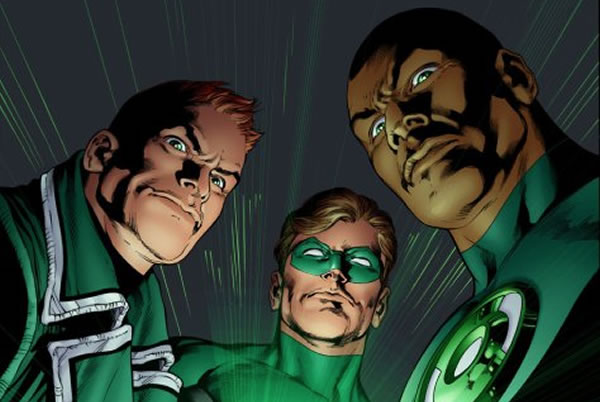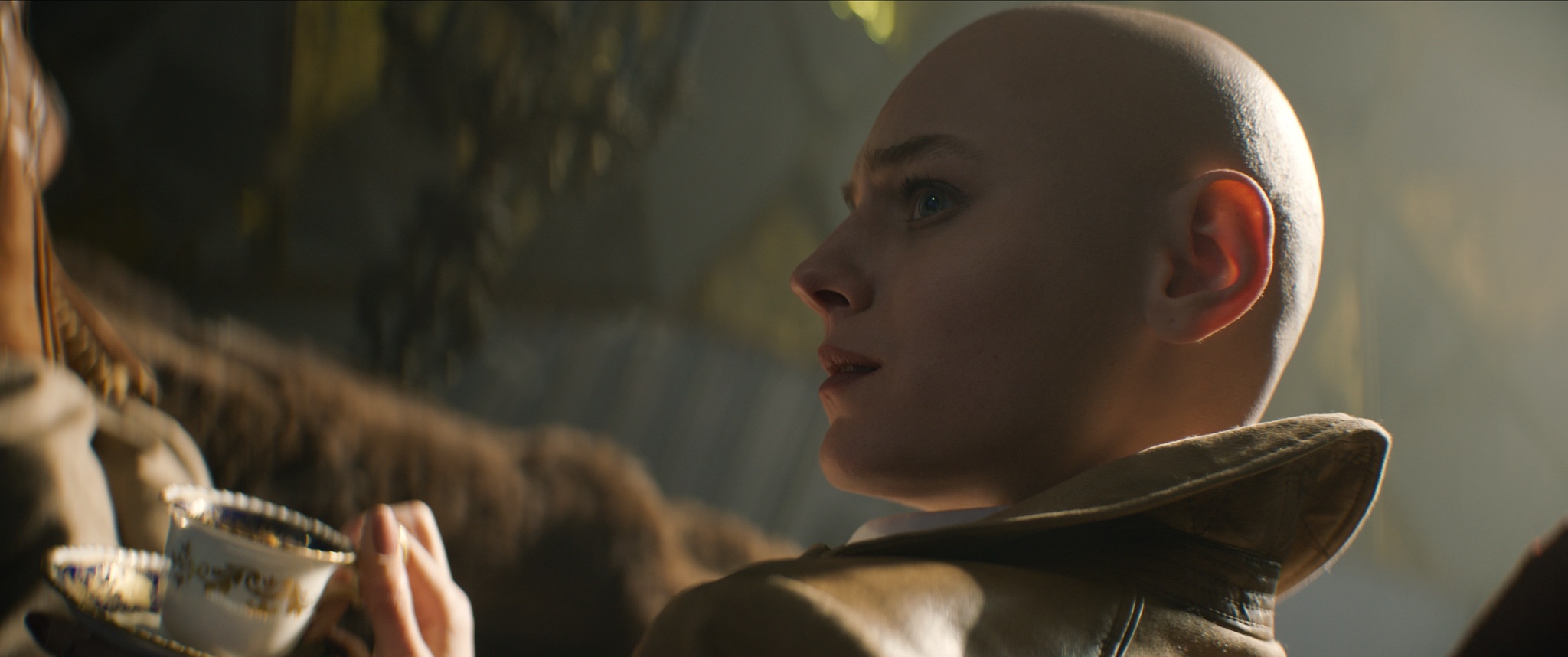![]()
Another week, and another news story revolving around whitewashing. The past few years have been big in terms of raising awareness in terms of whitewashing in Hollywood. When adapting a foreign property, one always has to question what types of folks should be cast in it. Should it be cast using folks with roots in that foreign country, or should the entirety of the culture be adapted for the film?
One film that faced a lot of backlash came in the form of Ghost in the Shell — a film that went to great lengths to ensure that its leads were white. It even went so far as to literally whitewash two of the characters in the film itself. This has always been a big problem in the industry. By default, studios tend to gravitate to white actors, assuming that’s what most Americans are used to. The problem is that Americans live in a mixed society, and as such, there are plenty of Asian actors who feel like there aren’t enough roles out there for them as is, so many take great offense to their options being limited even further so that it won’t even include properties that come from Asia.
Well, Roy Lee, one of the producers of the upcoming Netflix Death Note film — which is based on the manga of the same name — has heard the cries of whitewashing elicited from its trailers, and he doesn’t seem too happy about it.
“I can understand the criticism … if our version of Death Note was set in Japan and [featured] characters that were Japanese-named or of Japanese ancestry.†However, seeing that the film ISN’T set in Japan, he doesn’t think that’s a fair criticism of the film.
“It is an interpretation of that story in a different culture, so there are going to be some obvious changes. Some people will like them, some people may not. [But the changes were necessary to] make it more appealing to the US or to the English-language market.â€
This would ignite criticism that, by default, studios are assuming that adapting to American culture instantly means white, when the country is made up of immigrants. But, crying whitewashing would be a bit of a misnomer, according to Roy.
“[Of the key actors,] one of them is Asian, one’s African-American, and three are Caucasian. Saying ‘whitewashing’ is also somewhat offensive [since] one of our three leads is African-American.â€
“People can criticize it, but I’d say that they should see the movie first. Then they could accuse us of not having a diverse enough cast … just judge the movie after it comes out.â€
Fair enough.
Just to speak on behalf of those crying “whitewashing,†however, it becomes less (at least to me) about retaining the culture from a great story, and more about not allowing opportunities for actors of other races to lead a film. Studios, at some point, need to realize that they’re catering to more than one group of people, and that the films should reflect that. Heck, just take a look at one of the more quietly diverse franchises out there — Fast & Furious, which currently only consists of two male leads of its core cast.
The diversity doesn’t need to be made to make a message, but it would be nice if it better reflected the experience of many Americans.
But that’s just my personal perspective. What’s yours? Do you care who gets cast as what, or do you think Hollywood should start taking more chances (given that the actors can perform the role well enough, of course)? Let us know in the comments down below!
Don’t forget to share this post on your Facebook wall and with your Twitter followers! Just hit the buttons on the top of this page.
SOURCE: Buzzfeed

 FOR FANBOYS, BY FANBOYS
Have you checked out LRM Online’s official podcasts and videos on The Genreverse Podcast Network? Available on YouTube and all your favorite podcast apps, This multimedia empire includes The Daily CoG, Breaking Geek Radio: The Podcast, GeekScholars Movie News, Anime-Versal Review Podcast, and our Star Wars dedicated podcast The Cantina. Check it out by listening on all your favorite podcast apps, or watching on YouTube!
Subscribe on: Apple Podcasts | Spotify | SoundCloud | Stitcher | Google Play
FOR FANBOYS, BY FANBOYS
Have you checked out LRM Online’s official podcasts and videos on The Genreverse Podcast Network? Available on YouTube and all your favorite podcast apps, This multimedia empire includes The Daily CoG, Breaking Geek Radio: The Podcast, GeekScholars Movie News, Anime-Versal Review Podcast, and our Star Wars dedicated podcast The Cantina. Check it out by listening on all your favorite podcast apps, or watching on YouTube!
Subscribe on: Apple Podcasts | Spotify | SoundCloud | Stitcher | Google Play



